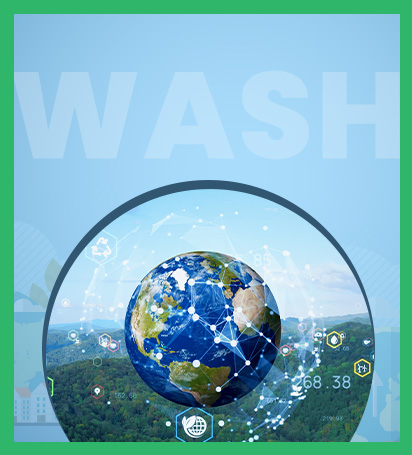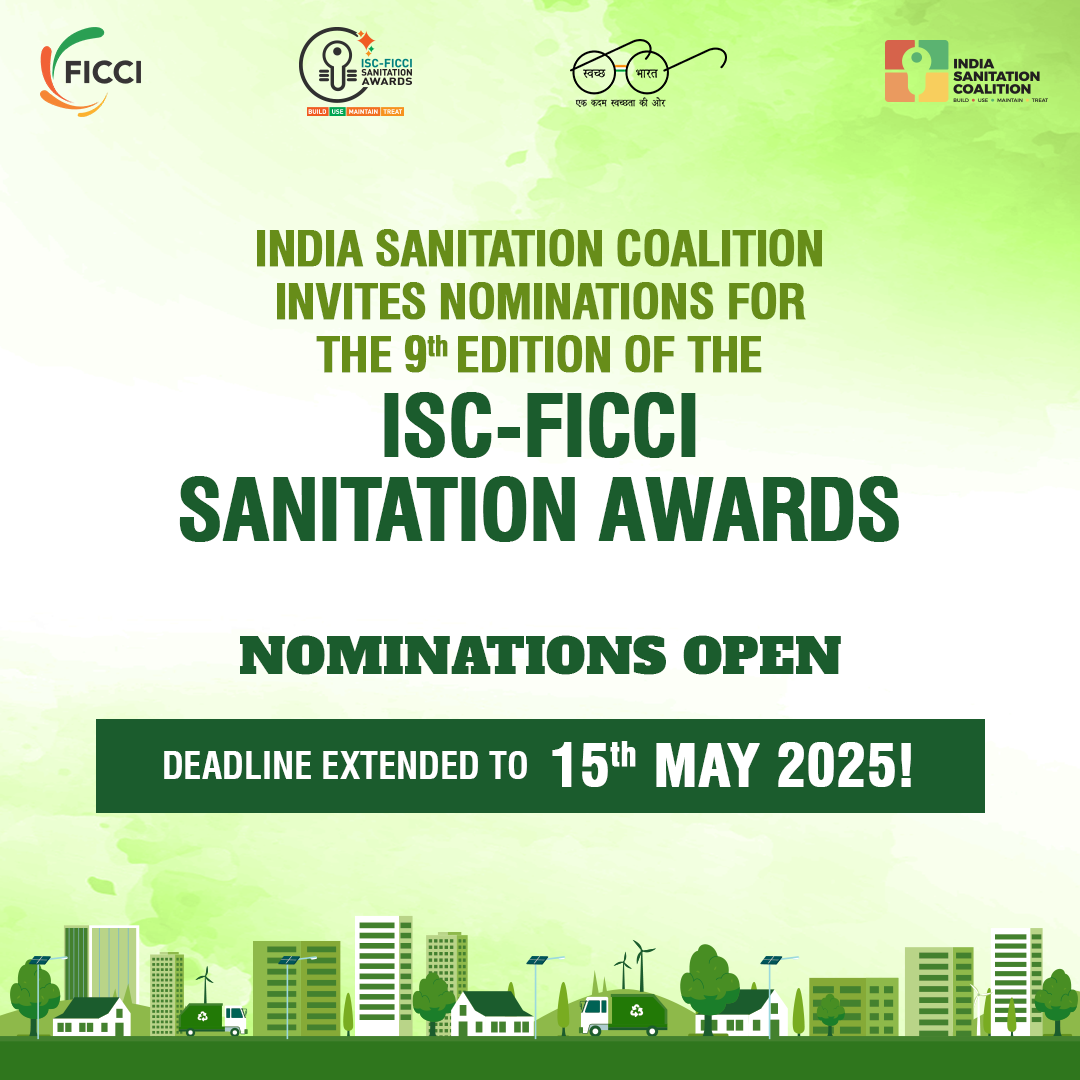Innovative Solutions
Back

- ISC’s primary aim is to assist Corporates in implementing innovative technologies where currently manual processes are in place across WASH. Technologies such as solar disinfection, reverse osmosis, and nanofiltration for example help improve the quality of grey water and make it safe for agricultural and drinking purposes.
- Other innovative processes such as urine-diverting toilets, composting toilets, and decentralized wastewater treatment systems which are important for the treatment of black water, faecal sludge, etc. and are important as mechanised solutions vs the current manual processes that are in use are also supported and encouraged.
- Servicing is also very important for this sector; many new technologies are currently being proposed such as mobile applications and sensors. It can be used to monitor and manage WASH services, such as water quality testing, real-time monitoring of water supply systems, and tracking of sanitation facilities as well. These technologies will seamlessly support the entire targeted community. ISC supports these solution-based technologies that are relevant for the sector from a cost and sustainability perspective.
- Social entrepreneurship is one of the key areas which can bring new and innovative business models to the WASH sector, such as Pay-as-You-Go systems for water supply and sanitation services, and community-based management of water supply and sanitation facilities. ISC is keen to support social entrepreneurs across the country. It will support the entrepreneurs and help the urban and rural communities more largely.
- Since Behaviour Change Communication (BCC) is one of the critical solutions to change the approach and behaviour of the target communities in a deeper way to improve the adoption of good WASH practices, ISC has been creating different IEC materials as well as using infotainment programs, and peer-to-peer messaging system for the target communities. These approaches are not only helping the communities in clearing their doubts about WASH but also involving them in creating an inclusive platform of solutions of their own.
- Climate-resilient WASH system is another innovative approach which can help to build climate-resilient WASH systems in the urban and rural contexts. ISC is promoting the use of rainwater harvesting, green infrastructure, and flood-resistant sanitation facilities in the interior pockets of the country through the Private-Public Partnership model.
- ISC believes that one of the key ways to achieve its goals is to work together with many stakeholders across the country. Thus, ISC collaborates with the WASH and other sectors, such as health, education, and energy. It has led the organisation towards making innovative solutions that improve the overall well-being of communities, such as using solar-powered water pumps for irrigation and drinking water supply.
CLIMATE RESILIENT CITIES
As Indian cities continue to grow in population, generating 70% of future energy demand, India’s policy response to the need for sustainable, resilient, and low-carbon cities is the Smart City Mission that promotes “cities that provide core infrastructure and give a decent quality of life to the citizens, a clean and sustainable envir...
SAUCHA
The Saucha model requires an anchor organization with a commitment to training its corporate employees using Master Trainers and further disseminating the messaging content to the 3 target groups with the help of the Gram Panchayat. Depending upon the population and the intended outreach, the organization undertakes to prepare its corpor...
